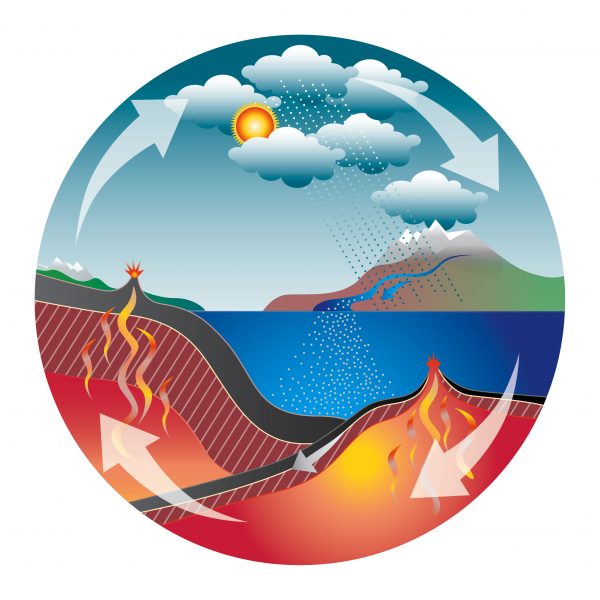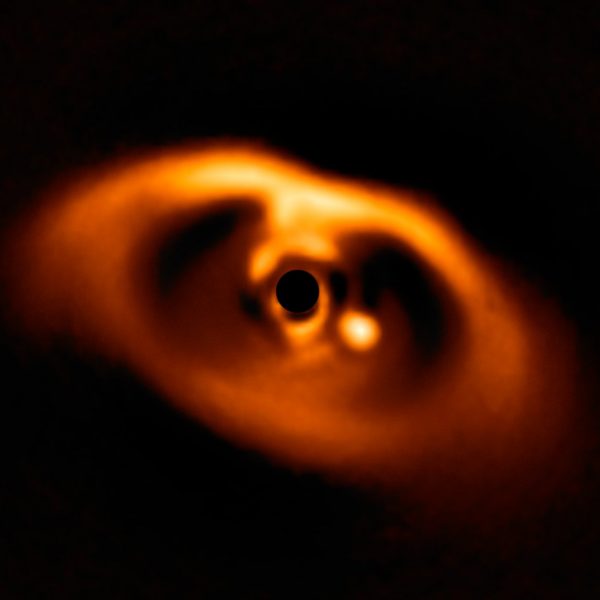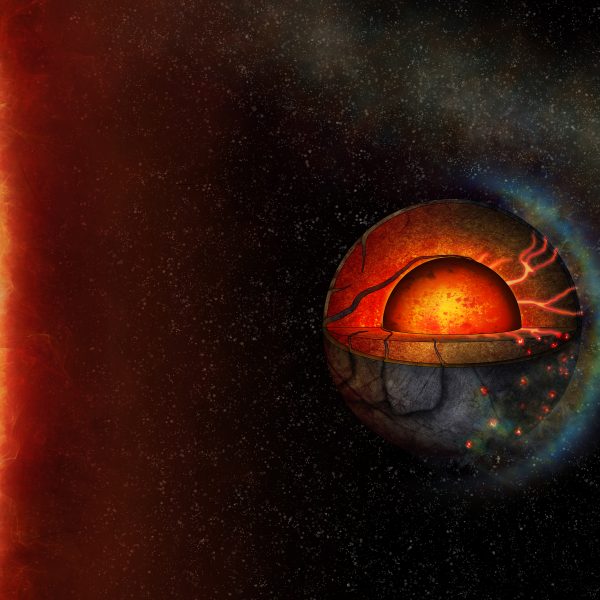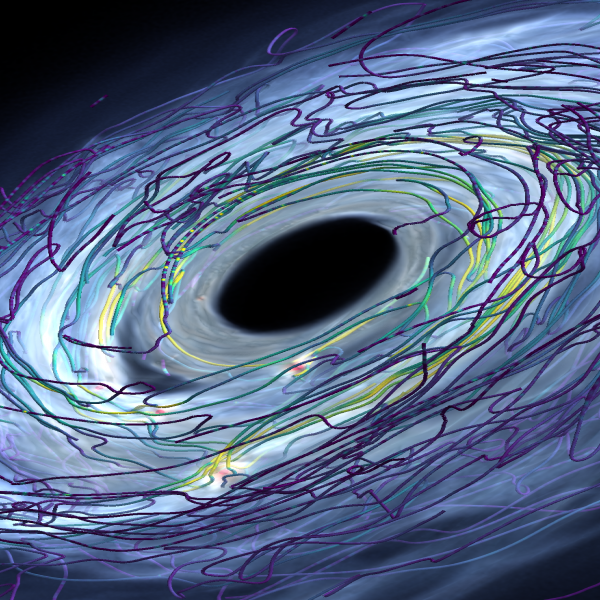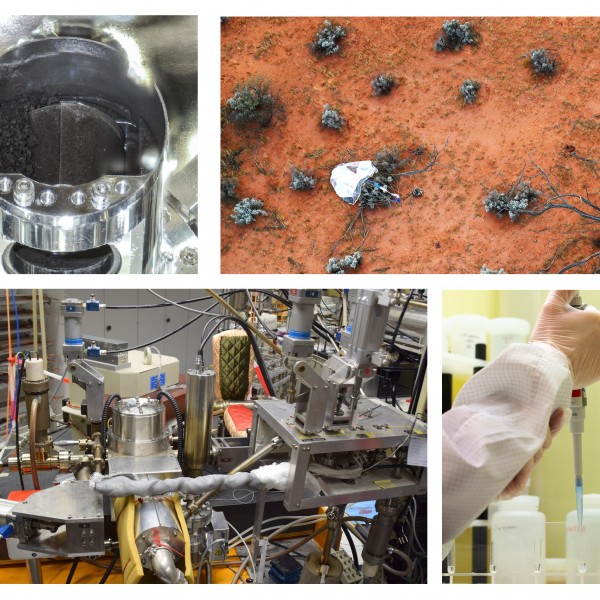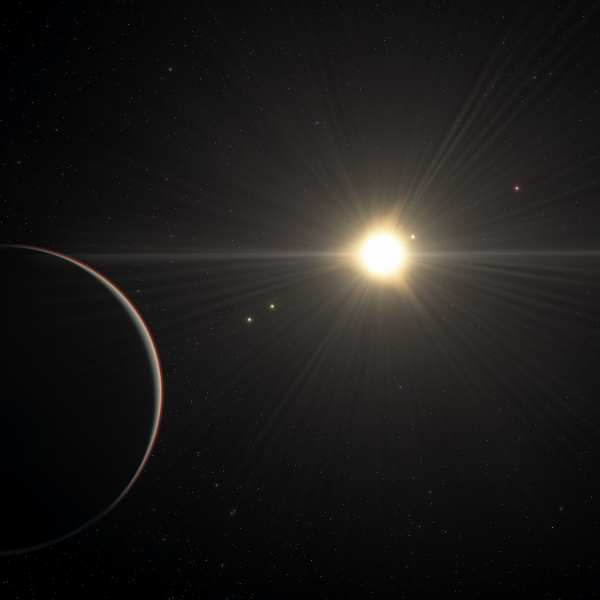News
How the habitability of exoplanets is influenced by their rocks
The weathering of silicate rocks plays an important role to keep the climate on Earth clement. Scientists led by the University of Bern and the Swiss national center of competence in research (NCCR) PlanetS, investigated the general principles of this process. Their results could influence how we interpret the signals from distant worlds – including […]
Continue ReadingCelebrating two decades of SPHERE challenges and achievements
Reaching new heights with 100 consortium publications including the early exoplanet demographics release. The SPHERE (Spectro-Polarimetric High-contrast Exo-planet REsearch) planet imager(1), currently installed and operating at the ESO Very Large Telescope in Chile, aims at imaging and characterizing giant exoplanets and planet-forming disks around stars close to the Sun. This project represents an incredible scientific, […]
Continue ReadingVolcanoes might light up the night sky of this planet
Until now, researchers have found no evidence of global tectonic activity on planets outside our solar system. Under the leadership of the University of Bern and the National Center of Competence in Research NCCR PlanetS, scientists have now found that the material inside planet LHS 3844b flows from one hemisphere to the other and could […]
Continue ReadingPhD position: Geochemical and isotopic investigations of interplanetary dust particles and micrometeorites
The Isotope Geochemistry and Cosmochemistry group (www.isotope.ethz.ch) is a vibrant, international group within the Institute of Geochemistry and Petrology, Department of Earth Sciences. We use chemical and isotopic techniques to understand natural processes on a range of temporal and spatial scales. This includes the formation of the solar system and its planets as well as […]
Continue ReadingPhD Position in Noble Gas Cosmochemistry
The Isotope Geochemistry Group of the Institute for Geochemistry and Petrology at the Department of Earth Sciences is offerering a PhD Position in Noble Gas Cosmochemistry. The PhD project includes cosmochemical investigations to evaluate the origin, distribution and composition of the volatile elements in the solar system. The work will focus on noble gases and their carriers in […]
Continue ReadingA new way of forming planets
Scientists of the Universities of Zurich and Cambridge, associated with the Swiss National Centre of Competence in Research PlanetS, suggest a new explanation for the abundance of intermediate-mass exoplanets – a long-standing puzzle of Astronomy. In the last 25 years, scientists have discovered over 4000 planets beyond the borders of our solar system. From relatively […]
Continue ReadingPhD position in planetary science – cosmic dust / heliosphere
The Astrophysical dust group at the ETH Zürich focuses on the science of cosmic dust nearby and inside the solar system. The main methods used are computer simulations for studying the dust dynamics, and in situ measurements by spacecraft that carry a dust detector on board. We collaborate with researchers in Switzerland and abroad, in […]
Continue ReadingPostdoc position in planetary science – cosmic dust / heliosphere
The Astrophysical dust group at the ETH Zürich focuses on the science of cosmic dust nearby and inside the solar system. The main methods used are computer simulations for studying the dust dynamics, and in situ measurements by spacecraft that carry a dust detector on board. We collaborate with researchers in Switzerland and abroad, in […]
Continue ReadingReturned asteroid samples may reveal secrets of the cosmos
Samples taken from the asteroid Ryugu by the Japan Aerospace Exploration Agency (JAXA) Hayabusa2 mission have returned to Earth. Scientists of the Swiss National Centre of Competence in Research’s PlanetS programme hope to learn more about our own and other star systems from studying them and may find clues on the origin of life on […]
Continue ReadingCHEOPS finds unique planetary system
The CHEOPS space telescope detects six planets orbiting the star TOI-178. Five of the planets are in a harmonic rhythm despite very different compositions – a novelty. CHEOPS is a joint mission by the European Space Agency (ESA) and Switzerland, under the aegis of the University of Bern in collaboration with the University of Geneva. […]
Continue Reading
